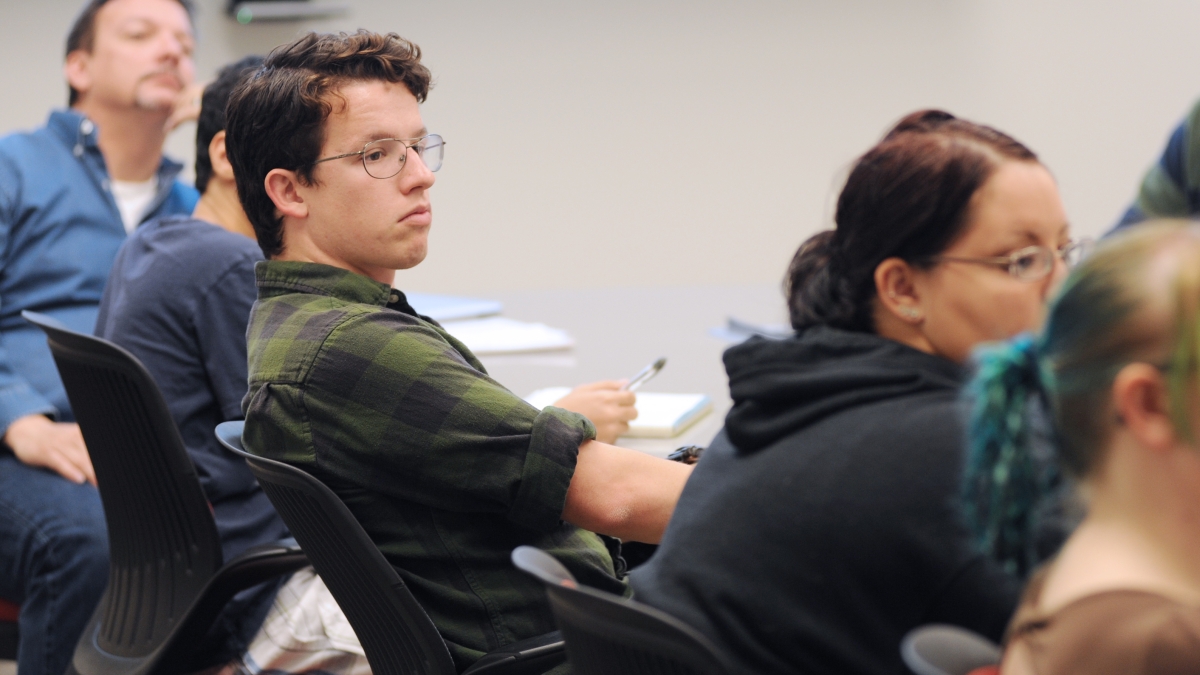ASU seminar explores sustainability through international collaboration

Illustrating that physical location can be a beneficial – rather than inconvenient – aspect of international collaboration, ASU’s School of Sustainability reintroduces its distributed seminar this spring.
The seminar, SOS 591 “Sustainability Science: Interactions Between Human and Environmental Systems,” uses a virtual classroom to convene graduate students and faculty from four universities in three countries. Here, disciplinary backgrounds and cultures come together for a meaningful exploration of sustainability’s themes, findings and debates.
Initially held in 2013, the seminar features original institution partners – the University of Minnesota and National Autonomous University of Mexico – in addition to ASU. This spring, the University of Sao Paulo joins the virtual classroom to examine the theories that anchor sustainability science and the problems in most dire need of its application.
The inspiration for the seminar originated, in part, at a 2009 workshop hosted by the National Science Foundation. After exploring how to advance the field of sustainability science, workshop attendees found that the fragmentation of communities – by discipline, institution and application focus – was a noteworthy impediment. The seminar serves as on ongoing experiment aimed at reducing this fragmentation.
Technology is essential to the seminar’s success in that it simplifies the international logistics. Every Thursday, a faculty member from one of the four universities – or a guest expert – presents a lecture on material reviewed independently the previous Tuesday. Students in the other three physical classrooms experience the lecture in real time through a video conferencing program. The program broadcasts all classrooms simultaneously, allowing for a collective post-lecture discussion.
It is such discussions that Osvaldo Sala, a distinguished sustainability scientist and professor in both the School of Sustainability and School of Life Sciences, views as the seminar’s most novel benefit.
“The truly remarkable thing about this class is the varied points of view that it highlights,” Sala says. “For example, American students tend to have a more theoretical interest in the subject matter, while our Mexican students seem most interested in its practical application.”
The students interact across universities on other technological platforms, as well. They contribute to regular online discussions, and use programs like Skype to collaborate on their final assignment.
“Not only do the students have access to a broader faculty group than they do in other courses, they develop an international network of peers that they maintain after the seminar ends,” Sala says. “That is truly invaluable.”
Sala and his colleagues look forward to the coming semester, anticipating that the addition of the Brazilian cohort will further their goal of distributed, multi-disciplinary collaboration in the field of sustainability science.
Enrollment for SOS 591 is now open. Interested graduate students are encouraged to apply here.